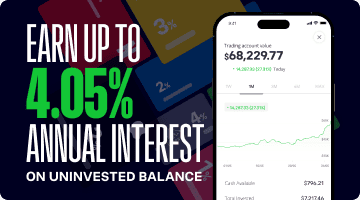What awaits interest rates in the US, Europe, the UK, Japan and Czechia in 2026?
A week filled with important macroeconomic data and key meetings of four central banks— including...
Will Santa Bring a Year-End Stock Market Rally?
As Christmas approaches, investors’ hopes rise for the traditional year-end rally in the stock...
Legendary Investors Rattled The Markets In Q3
The world’s top investors once again showed their hand. 13-F reports, which detail what stocks...
AI Cooldown
Analyst Weekly, December 15, 2025
Cannabis Stocks: Can 2026 Finally Be a Turning Point?
After a...
Watching Japan Like a Hawk
Analyst Weekly, December 8, 2025
A BOJ hiking cycle could be 2026’s biggest macro plot twist....
10 Essential Questions To Ask Before Investing
Investing is often seen as a game of numbers, charts, ratios, and probabilities, but at its core,...
What would a ceasefire between Russia and Ukraine mean for the European arms industry?
News of a ceasefire has been weighing on European defense stocks for several days. Shares of...
Will 2025 Finish with a Santa Rally?
It has been a challenging few weeks in the markets for investors. From a major tech sell-off to...
Cooldown to Cashflow
Analyst Weekly, December 1, 2025
Consumer Stocks: The Sleeper Trade Heading Into 2026
Consumers...
Crypto Warns Caution
Analyst Weekly, November 24, 2025
Bitcoin: The Market’s Early Signal
Bitcoin’s taking a real...



